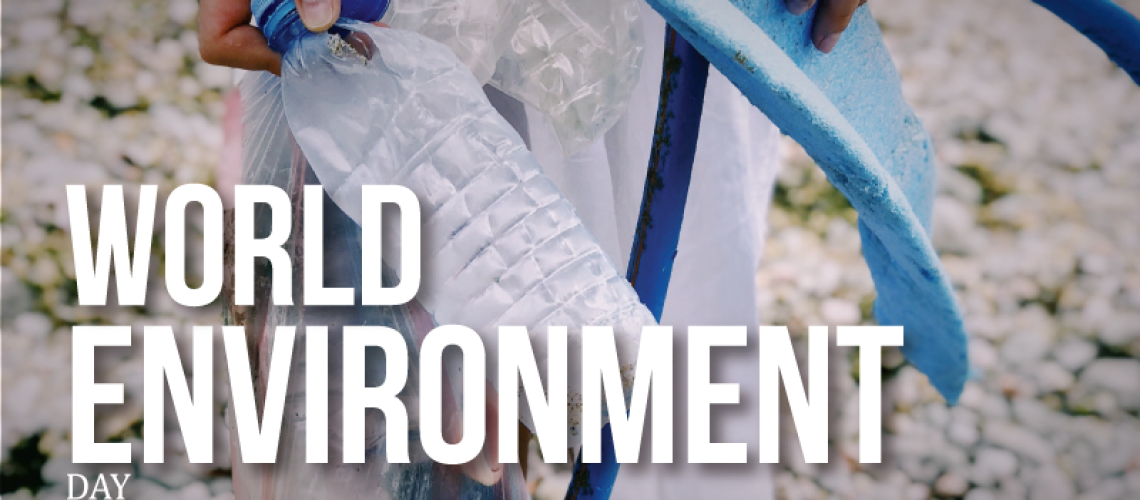Global warming and climate change have created a significant impact on the ocean and all things living in the ocean. There are also island-like remnants of discarded plastic and plastic garbage products that are floating in the Pacific ocean.
The tides are now forcing this trash to wash up on the shores and along the beaches of Montesinos on the Dominican coast. This should be a concern for everyone as it could eventually affect us all, to a greater or lesser degree, in the next decade.
Ease of use now has long-term effects later!
The use of disposable, one-time use plastic materials has increased at an astonishing rate in recent decades. Products who use lasts for seconds, such as straws or cotton swabs, plastic utensils and take-out containers, can remain for decades or even hundreds of year in our environment if not sent to the proper recycling destination.
Disposable plastic products are one of the biggest problems the planet must solve in the 21st century to save marine life and prevent further pollution. If we continue down this dangerous path, it is estimated that by 2050 there will be more plastic in our oceans than fish, and humanity will not be immune to this disaster as we will eventually absorb this pollution through our food.
SUGGESTIONS FOR THE DAY-TO-DAY
What are some simple ways that we can we help?
Biologist Christiane Degobbi suggests:
1) When shopping, you may prefer to use reusable bags and when it is not possible to use plastic bags, store them for future transportation of products.
2) Avoid the systematic use of plastic cups and other utensils of this material.
3) Avoid using drinking straws. If you frequent an establishment that provides them, look for options such as metal or cardboard. Or drink straight from the glass.
4) If you usually bring home food, take your own packs with you. By doing so, you will avoid the use of more plastic and could even save money as some establishments may even charge you.
5) When you go to the market, choose products stored in a single large package, rather than in small individual packages, which will greatly reduce the amount of plastic that enters your home throughout the year.
6) Prefer to buy products from cosmetic companies that use refills, so that you can re-use the packaging of a shampoo, cream or perfume.
7) Be creative and reuse the packaging. For example, PET bottles can be reused and converted into pencil holders, bird feeders, a piggy bank, hanging planters, storage container, snack bowl, or anything else that your imagination can create.
8) Reuse plastic containers, such as ice cream, to store food or other items of interest in your home.
9) When discarding plastic food packaging, make sure they are clean as this will facilitate recycling. When washing your dishes, also wash them with water.
10) Finally, remember the 3 Rs: reduce, reuse and recycle.
The main thing is always to think about reducing the use of plastic, recycling being the last alternative, since it can only be reused in certain products, and it provides a high energy expenditure, including water consumption.



One Response
You have brought up a very good details , thankyou for the post.